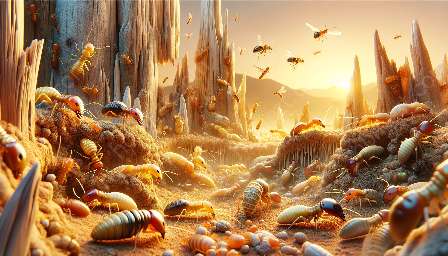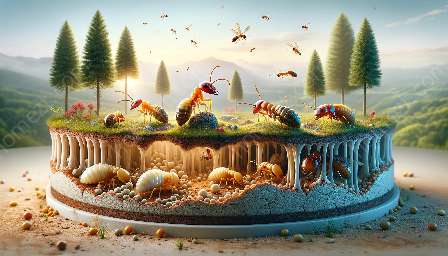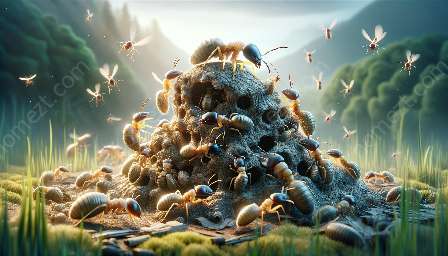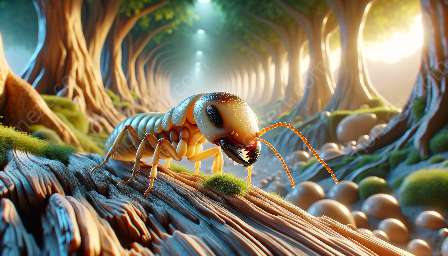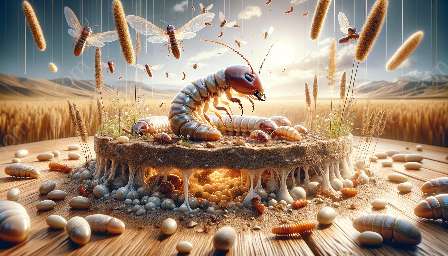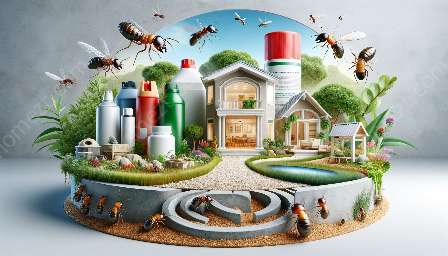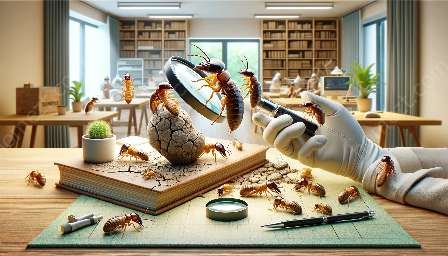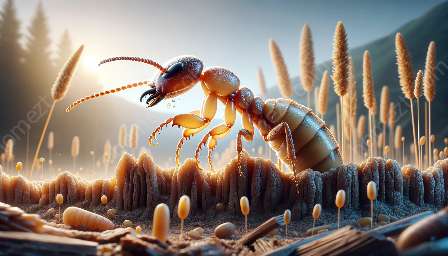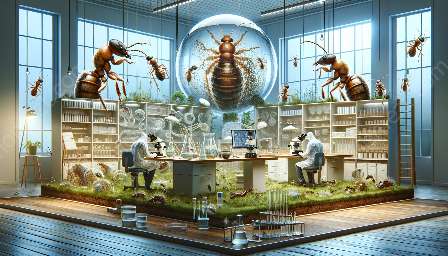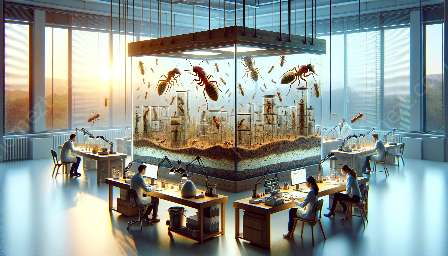Termites are fascinating creatures with a complex biology that impacts pest control efforts. Research into termite biology offers valuable insights into their behavior, life cycle, and ecological impact, providing essential knowledge for effective pest management.
The Intricate World of Termites
Termites, often dubbed as 'silent destroyers,' are small, social insects that play a significant role in the ecosystem. Their social behavior, division of labor, and remarkable construction capabilities make them a subject of intense study in the field of entomology.
Understanding Termite Behavior
Research on termite behavior provides valuable information about their foraging patterns, communication methods, and nest-building activities. By comprehending their behavior, scientists can develop more effective strategies for termite control and prevention.
The Life Cycle of Termites
Studying the life cycle of termites sheds light on their developmental stages, reproduction, and colony dynamics. This knowledge is crucial for devising targeted pest control measures that disrupt their life cycle and prevent infestations.
The Role of Termite Biology in Pest Control
Termite biology research serves as the foundation for advancing pest control methods. By unraveling the intricacies of termite biology, scientists can develop innovative and sustainable approaches to managing termite infestations while minimizing environmental impact.
Ecological Impact of Termites
Understanding how termites impact the environment is essential for implementing pest control measures that strike a balance between preserving ecological stability and protecting human structures from damage. Research in this area helps in developing eco-friendly pest control solutions.
Advancements in Pest Control Technologies
Insights gained from termite biology research drive the development of advanced pest control technologies such as baiting systems, termiticides, and non-toxic alternatives. These innovations offer effective solutions for managing termite populations while safeguarding the ecosystem.
Integrating Termite Biology Research into Pest Control Practices
By integrating the findings of termite biology research into pest control practices, professionals can devise comprehensive strategies that target specific termite species and address unique infestation scenarios. This approach leads to more efficient and sustainable pest management.
Education and Awareness
Sharing the outcomes of termite biology research raises public awareness about the significance of termite control and encourages proactive measures to prevent infestations. Educating homeowners and businesses about termite behavior and biology empowers them to make informed decisions regarding pest control.
Sustainable Pest Management
Research-driven pest management practices prioritize sustainability and environmental responsibility. By leveraging knowledge gained from termite biology research, pest control professionals can adopt eco-conscious strategies that protect both structures and natural habitats.
Conclusion
Termite biology research plays a pivotal role in shaping effective pest control strategies. By deepening our understanding of these enigmatic insects, we can develop sustainable solutions that mitigate the damage caused by termites while preserving the delicate balance of ecosystems. Embracing the insights gleaned from termite biology, we can propel pest control efforts towards a more harmonious coexistence with these remarkable creatures.



